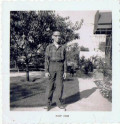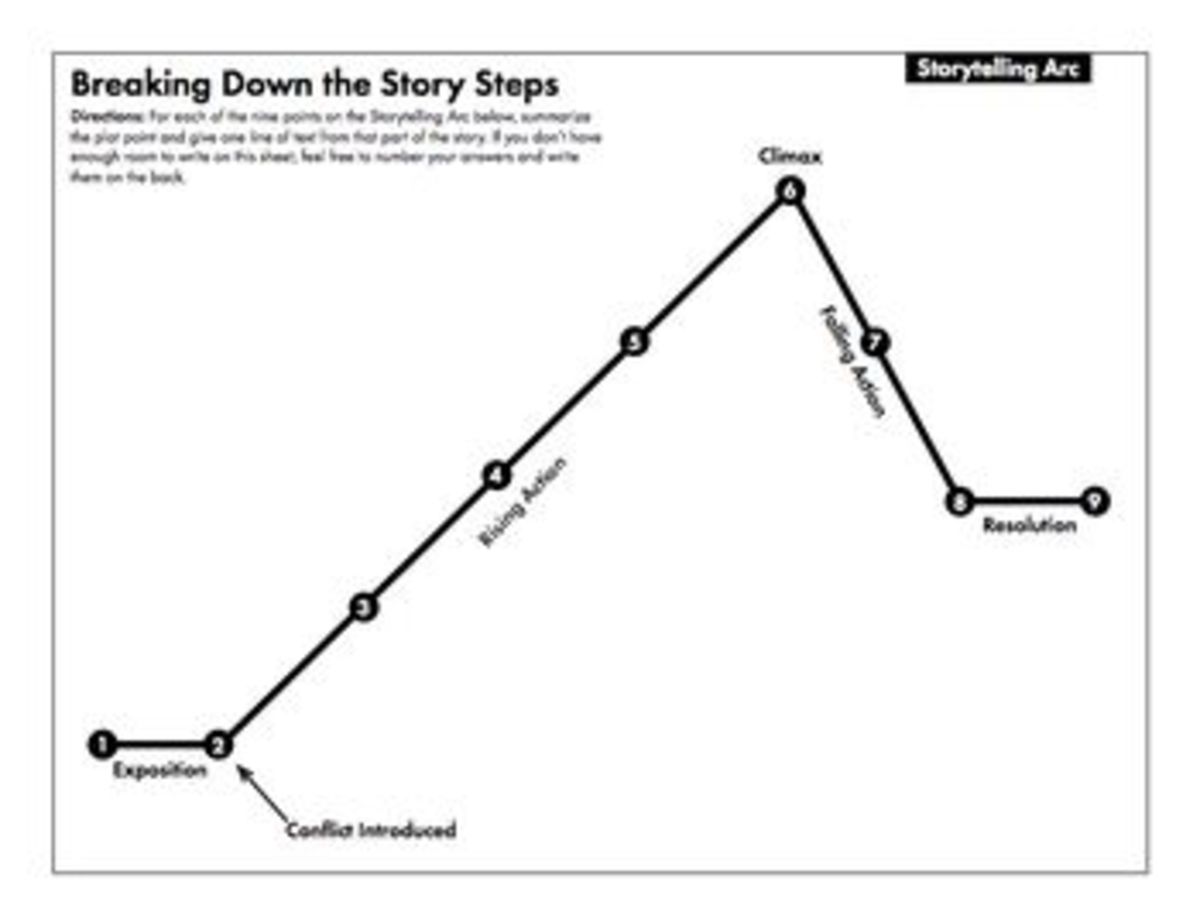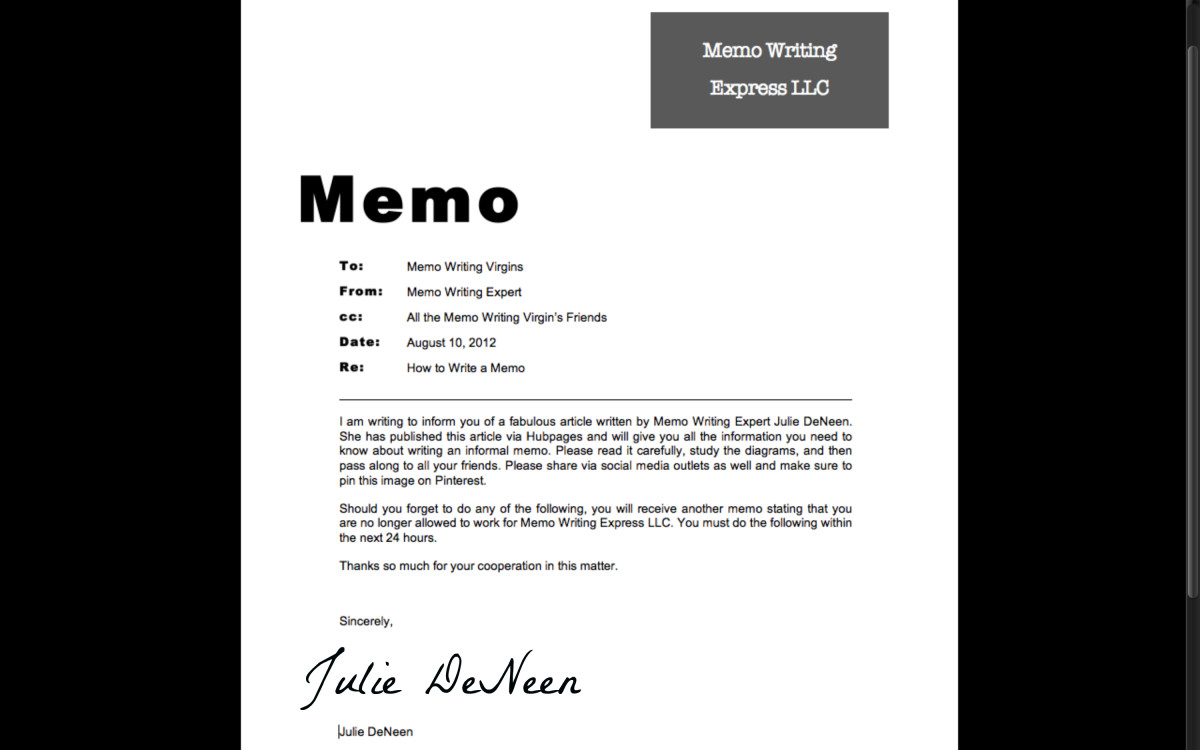Character Development: Tips for Writing a Book

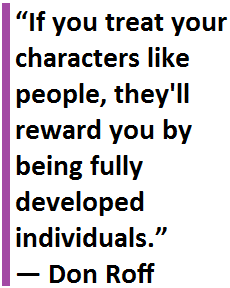
Character Development
When I think back on my favorite novels of all time, it is not always the story line or a scene that comes to mind, but those people who live only on paper, the characters we can never forget. Whether it is that awesomely bad guy, the hero you admire, or the best friend you wish you had, those memorable characters remind us writers just how essential character development is for a successful novel.
It's easy to decide to write a novel and have an idea of where you are going. The actual process of writing it is where things get tricky, especially when it comes to developing characters worth spending hundreds of pages getting to know. There is no set in stone way of developing characters for a book, but there are plenty of handy tips to help you get there.
When looking for tips for writing a book, character development should be right on top, alongside how to outline a novel. As a writer, each character is a piece of yourself you have yet to explore. As a reader, they are explorations into the thoughts and actions of others we would never have experienced on our own. This is why character development is so important when writing a book.
The reason why this aspect of novel-writing sits alongside understanding how to outline a novel in the priority list for novice writers is that you cannot begin to develop a character before knowing where they are going. Every word and action each character performs makes up who they are, but also adds to the story line and keeps it moving along from your book's first word to its final pages. Therefore, for the first step in character development, I suggest that you begin with some understanding of what your novel is going to be about, even if you are the type who abhors the idea of an outline and would rather wing it.

Is character development important to a story?
Are memorable/relatable characters essential to a good novel?

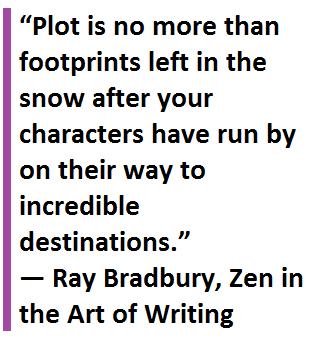
A Guide to Character Development
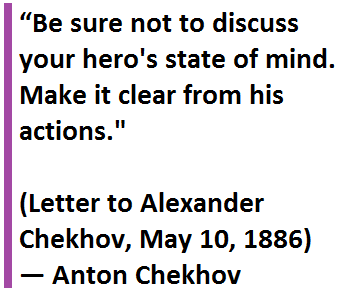
Character Arc
The very core of character development in a book is the character arc. A character arc is the gradual change a character undergoes in a story that results in them overcoming a fear or other limitation. This journey is undergone against their will and brings out vices and flaws that humanize the character to make them more identifiable for the reader.
The character arc of a story is not the overall conflict going on for the external world of the character, but the internal conflict that they must face alone alongside everything they must resolve within the novel. Whether it is the small challenges and choices they are forced to make as they journey through the major conflict within the novel, or a final battle that decides their fate, character arcs just make things more interesting.
It is important to note that, while character arcs are necessary for good character development in a book, they do not always have to end with a positive change for the character. The change can be negative or there could even be no change at all. It all depends on where you, as the writer, would like to take them. As long as there is a natural character development over the course of the story that is believable, your character arc should be successful, no matter what outcome you choose.

Tips For Developing Characters

Character Development Techniques
Is it better to plan out character or just let them come alive as you write?
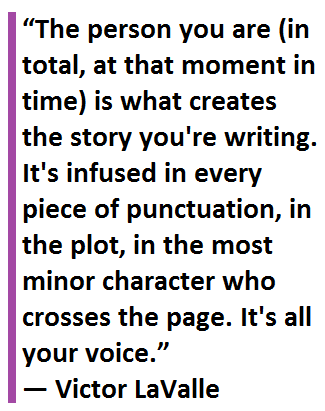
Books About Character Development
Developing a Character
There are many more ways to develop a character for a book that can help you along the path to developing your own characters. Here are a few tips to keep in mind when writing a book as you go through the character development process:
- Provide a Backstory: The only thing to keep in mind when it comes to using backstories is to makes sure that they are not just dumped into your novel at random. A good backstory provides more insight into characters while continuing to develop the plot and add intrigue.
- Challenge Your Characters: Don't be afraid to give your character an identity crisis and challenge whatever is most important to them. This challenge is what readers love to see and helps add even more interest to your character's development.
- Take Advantage of Flaws: Whatever major flaws a character has not only makes them who they are but can also add to the story line. Take advantage of flaws to add drama and suspense to the story.
- Avoid Passive Voice: We were all taught to use passive voice in school but, when it comes to writing a novel and developing characters, it makes your writing a little less interesting.
- Know The Right Emotional Stages: If your character undergoes a crisis such as death that you have never undergone yourself, research into the types of emotional responses people normally have (such as the five stages of grief) so that your character's reactions and emotions are close to life and believable for your audience.
- Don't be Afraid to Take Risks: Don't let your character become too predictable for readers. Let them surprise the audience and keep them on their toes as they continue their journey and undergo major changes.

Character Relatability and Character Development
Top Literary Characters of All Time
- Dorian Gray, The Picture of Dorian Gray
- Lestat de Lioncourt, Interview With a Vampire
- Holden Caulfield, The Catcher in the Rye
- Gollum, The Hobbit
- Ebenezer Scrooge, A Christmas Carol
- Jane Eyre, Jane Eyre
- Hermione Granger, The Harry Potter Series
- Jane Crawford, Their Eyes Were Watching God
- Lisbeth Salander, The Girl With the Dragon Tattoo
- Tyrion Lannister, A Game of Thrones
Please feel free to add your own favorites to the list in the comments below!
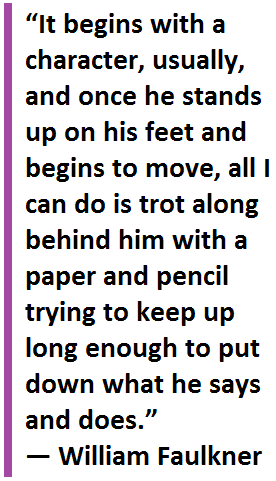
How to Develop a Character For a Novel
If you are the type of writer that must plan everything out, rather than sitting at a keyboard and letting yourself delve into novel-writing without any idea of where you are going, writing an outline for a character or two for your novel may be the way to go. An outline for a character can be very basic or very specific, based on whatever would help you the most.
Answering the following series of questions can help you get started on mapping out who your character is and how they transform in the story. Starting basic and moving toward more complex ideas can help you see this growth in your outline, which may guide you as you write a book.
Basic Questions for Character Development:
- What is their gender?
- What is their name?
- What is their age?
- What do they look like? (Height, weight, hair color, eye color, etc.)
- Where are they from?
- Where are they now?
- What do they like/dislike? (Foods, music, phobias, etc.)
Questions Concerning Their Backstory:
- Who are their parents?
- Did they have a significant other? Are they still together? Why/why not?
- What were they doing before the story began? Where were they?
- What major event made them who they are in the story?
- What major event brought them to this place in the story?
Questions About Character's Beliefs:
- Do they have a moral code?
- Are they superstitious?
- Do they believe in a higher power?
- Are they respectful of others?
- Have they ever had to stand up against criticism for their beliefs?
- Do they care more for them self or for others?
- How far would they go to protect their self/others?
Questions Concerning Relationships:
- Are they a loner or a social butterfly?
- Do they get along well with others?
- Do they have a best friend?
- Do they have a significant other?
- Do they get along with their family?
Questions Concerning Physical Appearance:
- Are they good looking?
- How do they dress?
- Do they have a significant physical features that reflect their past? (Tattoos, scars, etc.)
- Are they ashamed/proud of how they look?
- How concerned are they about their physical appearance?
Questions Concerning Knowledge:
- Do they know any special skills?
- Do they know what transformation they are undergoing in the story?
- Do they actively seek knowledge?
"What if" Questions:
- What if someone close dies unexpectedly?
- What if they are forced to face challenges alone?
- What if they are betrayed by someone they love?
- What if they must choose between their life or saving others?
- What if they fail?
- What if they succeed?
- What if they fall in love?

Tips for Character Development
Hopefully these questions can help guide you as you brainstorm ideas for your own character development for your next novel. Remember, you do not have to answer all of these questions and you can add or change questions to ask yourself as you create your own outline. Once you have enough questions answered to where you feel comfortable writing about your character, I would suggest going back to your novel's outline and mapping out your character's development alongside the story line you may have already come up with.
Novel writing is a long and difficult process but well worth the time studying, planning, and finally producing it. As avid readers, becoming an author can be a dream come true. Just remember to stay focused and keep your eye on the goal no matter what set backs you may come across. Good luck!

Favorite Literary Characters
Which is your favorite literary character?
© 2013 Lisa





